New project to address limitations of dynamic networks
Biocomputing, Security and Society
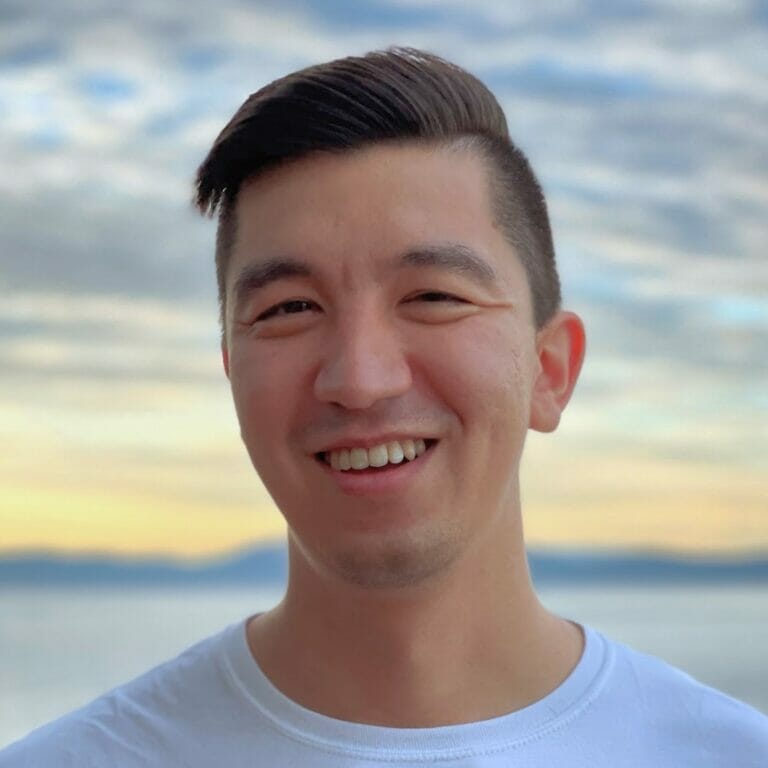
New project to address limitations of dynamic networks
Joshua Daymude and Andrea Richa’s research to address concurrency and adaptive self-organization in anonymous dynamic networks was awarded $800,000 from the National Science Foundation. Assistant Professor Daymude and President’s Professor
Forrest explores AI pros and cons on expert panel
Stephanie Forrest joined Dr. Cris Moore, from the Santa Fe Institute, and Dr. Melanie Moses, from the University of New Mexico to discuss the opportunities and threats presented by recent
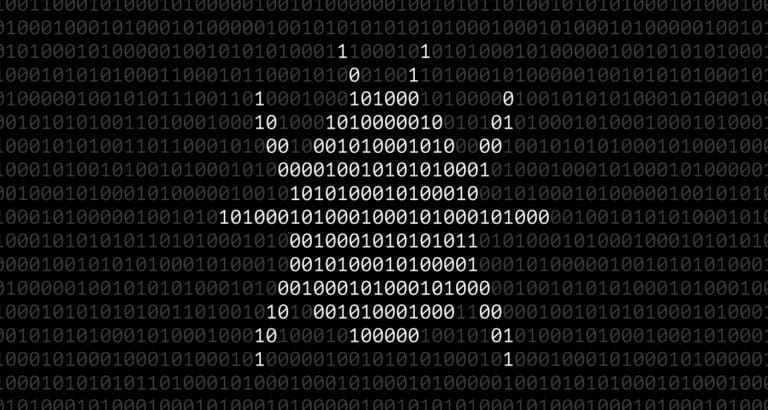
Technology to make fixing buggy programs easier
ASU is developing technologies to ease the repair of buggy programs after they have been deployed. The team includes researchers from the Biodesign Center for Biocomputing, Security and Society Tony
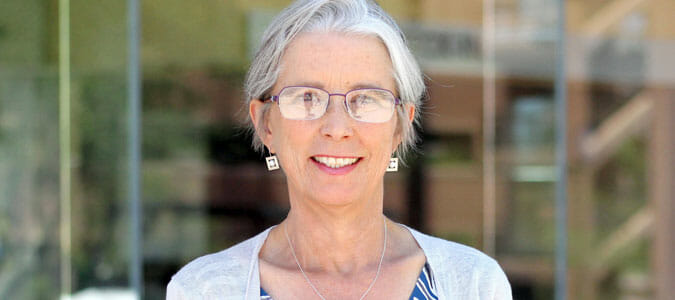
Stephanie Forrest selected as the 2023 Evolutionary Computation Pioneer
Stephanie Forrest, director of the Biodesign Center for Biocomputing, Security and Society at ASU, has been selected as the 2023 recipient of the IEEE CIS Evolutionary Computation Pioneer Award.

PhD student published in computer science journal
Kirtus Leyba, a computer science PhD student working in the Biodesign Center for Biocomputing, Security and Society recently had his work published in the journal Networking and Internet Architecture.
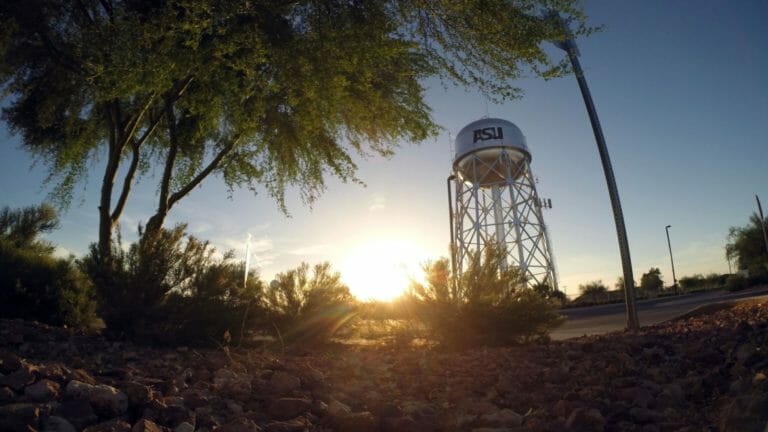
ASU names 3 faculty as 2022 President's Professors
Arizona State University names 3 faculty from across the university as 2022 President's Professors.
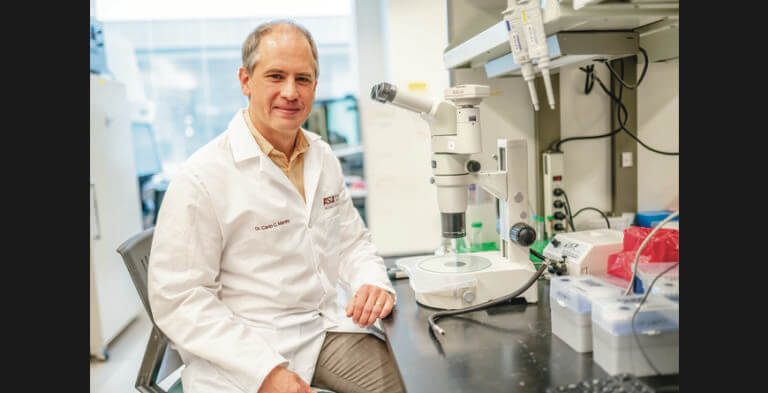
A biological paradox offers new insights into the mystery of cancer
The cells in the body can be thought of as tiny archery targets, each vulnerable to the deadly arrow of cancer. The more cells a given animal has and the
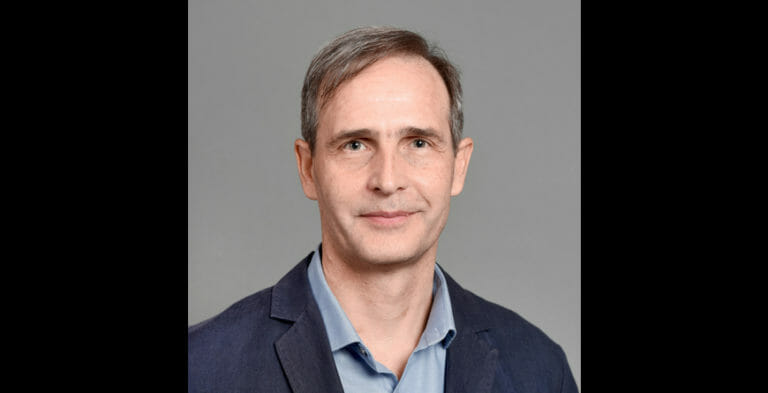
Microorganism sheds new light on cancer resistance
A simple, marine-dwelling creature known as Trichoplax adhaerens has some remarkable properties. The organism can tolerate unusually high doses of radiation that would kill most other forms of life. T.
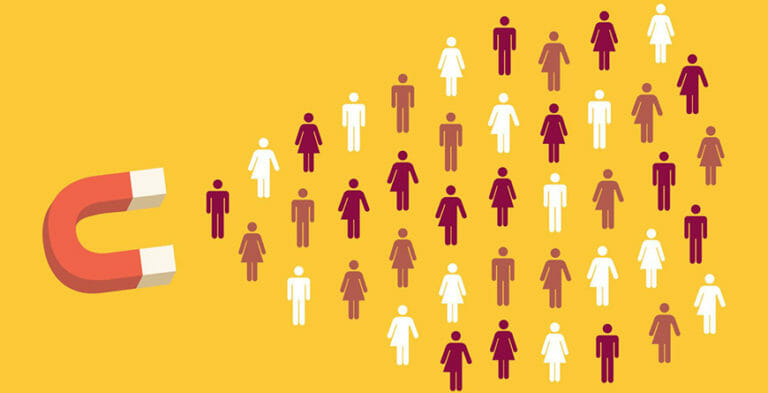
Computing scenarios for defusing polarized politics
Opposites may attract when it comes to personal relationships. In political affairs today, however, that claim is becoming more difficult to assert. New research shows that common ground is shrinking in politics, and people on opposite ends of the ideological spectrum are more entrenched in their divergent positions than at any time in recent history. Those conclusions are derived not only from results of traditional opinion polls — in this era of big data and
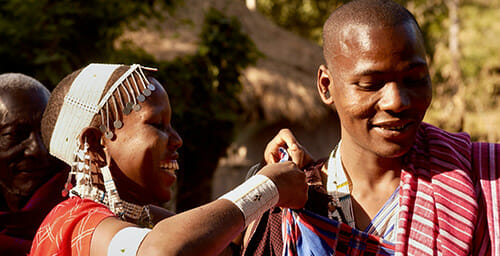
Helping each other to avoid and recover from disaster
What can we learn from developing societies around the world about mitigating risk and sharing resources during a disaster? When disasters happen, we often have to rely on others to
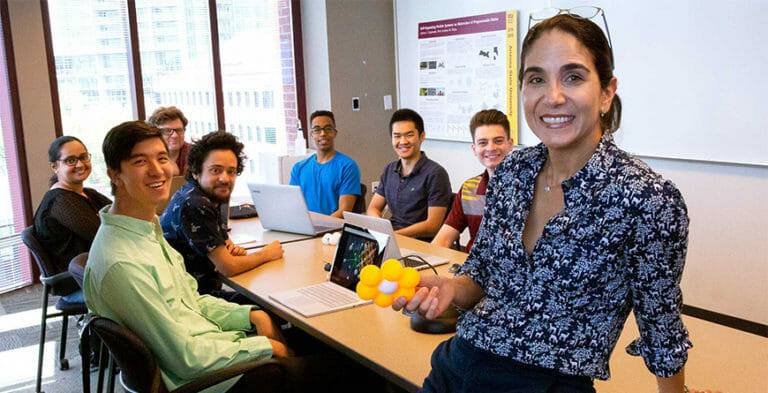
Greater than the sum of its parts
ASU engineers develop new ways to 'program' self-organizing systems Some things seem to happen without direction. Fish form schools to deter predators and ants form rafts to survive floods. These emergent group behaviors have long been the focus of research in biological science, but they are inspiring new work in computing and robotics. Members of the Biodesign Center Biocomputing, Security and Engineering Andréa Richa, a professor of computer science in the Ira A. Fulton Schools of
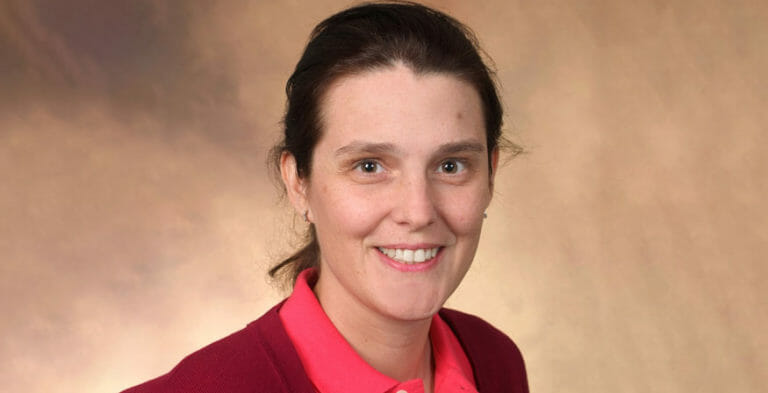
The Palumbo Charitable Trust awards Erica Forzani $50,000
The Palumbo Charitable Trust awarded Erica Forzani $50,000 to pursue “A novel contactless system to monitor energy balance and physical fitness under free-living conditions.” The grant will aid Forzani’s research of obesity and underweight problems that cause health struggles for so many individuals. Forzani, an associate professor in Biodesign’s Center for Bioelectronics and Biosensors, and her team will focus on analyzing the effect of exercise and physical fitness on resting and